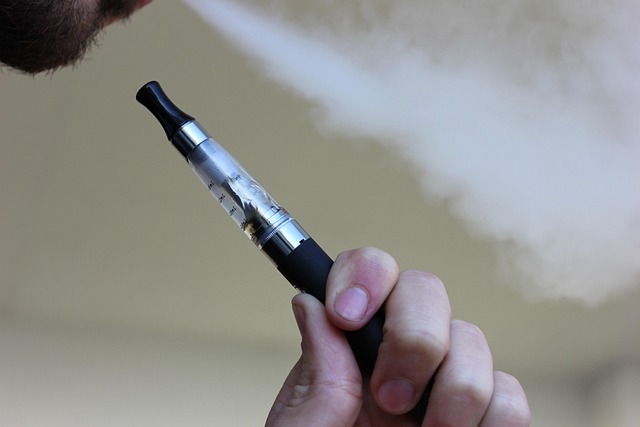The environmental footprint of disposable vapes has attracted increased scrutiny as the popularity of vaping continues to rise across the UK. While these products provide convenience, their disposal poses environmental challenges—ranging from electronic waste to plastic pollution. However, consumers can play a proactive role in reducing their impact through informed choices and responsible disposal practices.
The Environmental Concerns Associated with Disposables
1. Electronic Waste
Disposable vapes contain lithium-ion batteries, electronic circuitry, and plastics that are harmful if not properly recycled. Without proper disposal, these components contribute to growing electronic waste.
2. Plastic Pollution
Most disposables comprise plastics that take hundreds of years to decompose. Many are disposed of improperly, ending up in landfills or natural environments, where they can harm wildlife.
3. Chemical Leaching
Improper disposal can lead to the leaching of nicotine and other chemicals into soil and water systems, impacting ecosystems and potentially entering the human food chain.
4. Waste Volume
Millions of disposables are sold annually in the UK, adding up to a significant environmental burden, especially when considering their single-use nature.
How UK Users Can Reduce Their Environmental Footprint
1. Use Refillable Devices
Transitioning to refillable pod systems like the IVG Smart Max reduces waste significantly. These devices can deliver thousands of puffs with a single refill, reducing the number of disposable units needed.
2. Recycle Properly
Some manufacturers and retailers offer dedicated recycling schemes for vaping devices. Users should check local facilities or participate in brand-led recycling programs to ensure batteries and plastics are disposed of responsibly.
3. Choose Eco-Friendly Products
Opt for devices designed with sustainability in mind, such as those with replaceable batteries or biodegradable components.
4. Educate and Advocate
Spread awareness around proper disposal and encourage friends and family to adopt environmentally responsible vaping habits. Support policies that promote recycling and reduction of waste.
Industry Efforts Toward Sustainability
Manufacturers are increasingly designing products with environmental impact in mind. Innovations include longer-lasting batteries, recyclable components, and refillable systems. For example, the IVG Smart Max is built as a fully compliant, long-term solution that offers up to 10,000 puffs per refill, demonstrating a move toward sustainability.
Final Reflection
While disposable vapes offer undeniable convenience, their environmental costs are significant. UK consumers have the power to decrease these impacts through conscientious purchasing and disposal habits. Supporting products that prioritize sustainability, like refillable devices, and engaging with proper recycling programs can make a difference—both in personal vaping experience and in broader environmental outcomes.

